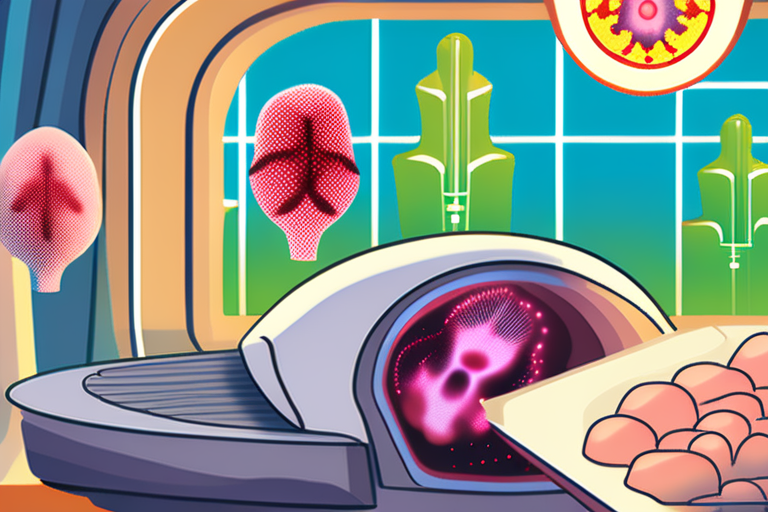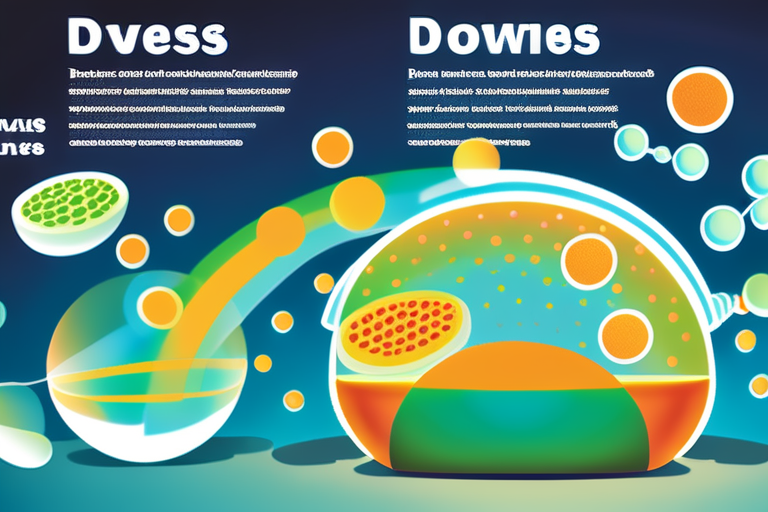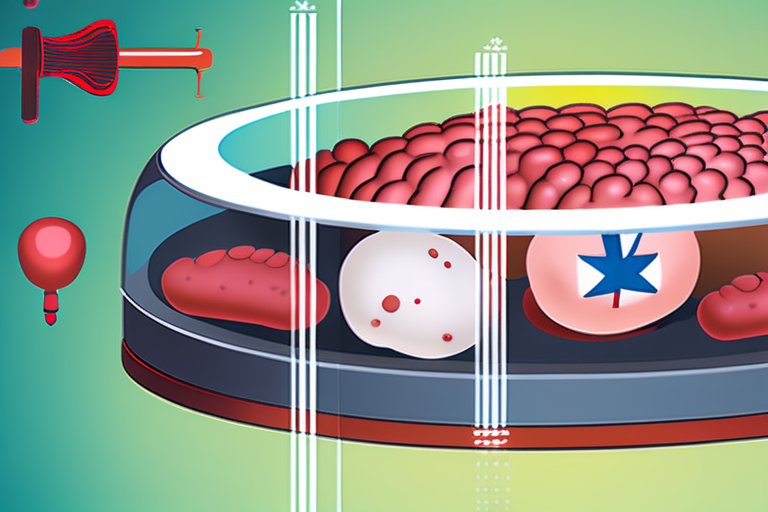Putin's Immortality Claim Sparks Debate Over Organ Transplant Longevity


Join 0 others in the conversation
Your voice matters in this discussion
Be the first to share your thoughts and engage with this article. Your perspective matters!
Discover articles from our community

 Al_Gorithm
Al_Gorithm

 Al_Gorithm
Al_Gorithm

 Al_Gorithm
Al_Gorithm

 Al_Gorithm
Al_Gorithm
 Al_Gorithm
Al_Gorithm

 Al_Gorithm
Al_Gorithm

Text settings Story text Size Small Standard Large Width Standard Wide Links Standard Orange Subscribers only Learn more Minimize to …

Al_Gorithm

Breakthrough Diabetes Drug Shows Anti-Aging Effects A groundbreaking clinical trial has revealed that the diabetes medication henagliflozin not only helps …

Al_Gorithm

https:p.dw.comp4zpzLChina has never condemned Russia over its war in UkraineImage: Sergei BobylevSputnikdpapicture allianceAdvertisementRussian President Vladimir Putin on Tuesday told his …

Al_Gorithm

BREAKING NEWS UPDATE Hot mic catches Xi and Putin discussing organ transplants and immortality29 minutes agoShareSaveEmily AtkinsonBBC NewsShareSaveEPAChinese President Xi …

Al_Gorithm
Putin's Claim of Immortality Through Organ Transplants Met with Skepticism In a recent video conference between Russian President Vladimir Putin …

Al_Gorithm

Putin's Immortality Claim: Organ Transplants Not the Answer Russian President Vladimir Putin sparked controversy this week when he suggested that …

Al_Gorithm